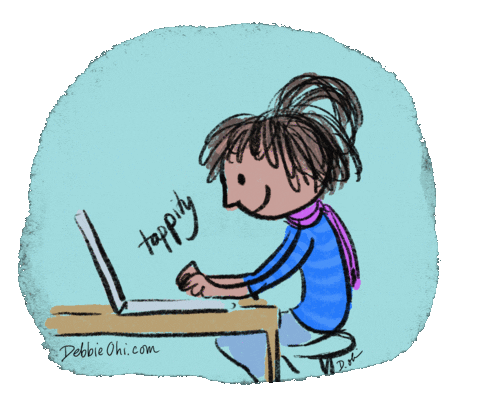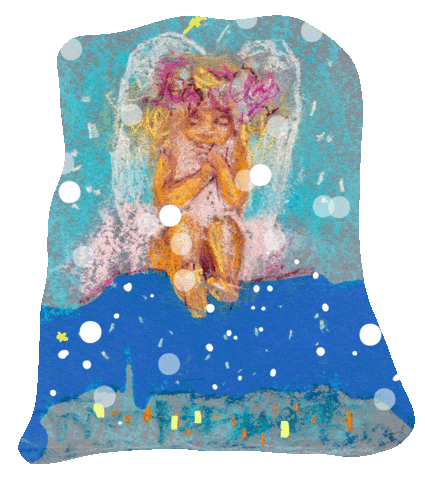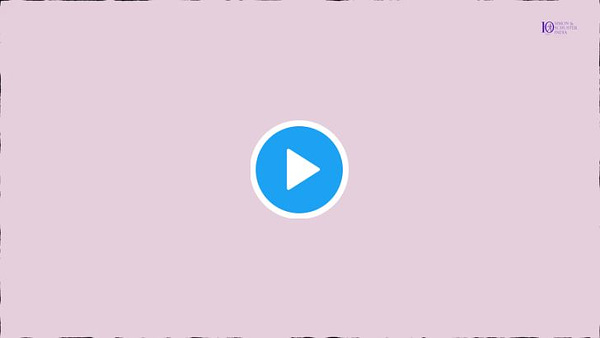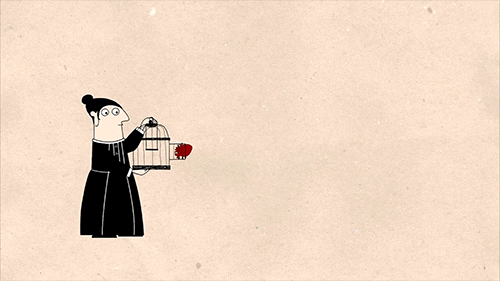One of the most rewarding acts of writing last year was drafting and shipping this letter on corona anxiety to all of you. It gushed out of me in one go. It felt original, and yet borrowed some language from my favourite poets. Despite the distance between our screens, I felt like I could truly reach out to you.
As I write this, the first essay of a new season of Evolving and Enough, the surging second wave of covid is proving to be one strange phenomenon. I put my fingers to the keyboard to reconnect with you, but I don't know where to begin.
Are you okay? Maybe we could start here. Are you okay, and is everyone you love okay?
Just like last time, I was acting and reacting to the news earlier than many. It has been 11 days since I got out of the house. In December, while the pandemic had calmed down, I moved to a big city. I have rented what I call ‘The White House’ as all the walls and doors and curtains here are white. Vanilla white. It is airy and well-lit all day, and I have not missed my neighbourhood walks too much.
It has also been 9 days since I got to know my family is covid positive back home. I cannot see them, and hence I am never sure of what to do with my worrymeter. I am trying my best to keep it down, but it screeches at times.
I have dealt with this fear of losing loved ones many times before the pandemic as well. I would imagine road accidents and great big falls from staircases. I would try to squeeze these images out of my mind by squeezing my eyes shut. But they returned. When I tried to distract myself to save myself from their pain, I felt guilty. Not attending to these images felt like betraying my concern for these people.
What released me out of this misery was acknowledging the layered love I felt for these people, and forgiving my brain for its poor but well-intentioned effort to 'prepare' me for this inevitable reality. What magically reduced the frequency of such fear-ridden images was visualising the opposite: my father returning from his work travel, a bit tired but unharmed; my aunt calling me for lunch, still a bit judgy, but alive. These images were as/more possible as the worst ones my brain could imagine.
I tried this kind of visualisation this week. Post covid, my family will still continue their intense love affair with work. They will run around, stopping only to eat and watch Marathi TV. They will say random things at random times. They will laugh and be silly, especially after dinner, and while eating supari. This counter imagery has been c a l m i n g. The more I imagined them as who they are when they are alive and healthy, the more I heard their voices nudging me to go back to my desk, to continue reading and writing, to not sit down with my worrymeter.

My brain still pops a few questions and scary images now and then. But carefully converting each and every one of my .worry files to .hope files has prevented my system from crashing.
For people who read the news, know a thing or two about the messed up state of the world, people who have a grasp on the ills of our society and the extra hits it is taking with this pandemic and its multiple waves, hope doesn't come easy. Hope has never been easy for the intellectual, analytical, political selves we have cultivated. Cynicism is that bowl of Triple Schezwan Rice that we have forever feasted on, in hostels and at the campus quadrilaterals. Even as adults, we carry it around and distribute it like candy. Cynicism sells with anger and fear and titillation. Hope is too bland. Hope is risky affair. It means you will be a complete loser if things go another way.

In hope, however, my mind found some victory. I am now hopeless about finding ways other than hope. It informs my writing and teaching. Hope has become a way to pray without a god, a tool to practice compassion, a creative act of curating detailed duas for my loved ones and the world. Hope is delicious in its simplicity, and yet a nuanced antidote to fear and hate. I hope that hope is forever my politics, my confidence, my superpower.
Now, I don't know if you are okay and if everyone you love is okay. But with the bottoms of my being - I hope you are. I hope you will be.
Three lovely quotes on hope:
“Critical thinking without hope is cynicism. Hope without critical thinking is naïveté.” - Maria Popova on Brain Pickings via On Being
“Radical hope is not so much something you have but something you practice; it demands flexibility, openness, and what Jonathan Lear describes as “imaginative excellence.” Radical hope is our best weapon against despair, even when despair seems justifiable; it makes the survival of the end of your world possible.” - Junot Diaz in a letter to his niece after the 2016 US elections
“Choosing hopefulness is holding out the possibility of change. It’s living with one foot in the mud and muck of the world as it is, while another foot strides forward toward a world that could be. Hope is never a matter of sitting down and waiting patiently; hope is nourished in action, and it assumes that we are—each and all of us—incomplete as human beings. We have things to do, mountains to climb, problems to solve, injuries to heal. We can choose to see life as infused with the capacity to cherish happiness, to respect evidence and argument and reason, to uphold integrity, and to imagine a world more loving, more peaceful, more joyous, and more just than the one we were given—and we should. Of course we live in dark times, and some of us inhabit even darker places, and, yes, we act mostly in the dark. But we are never freer as teachers and students, citizens, residents, activists and organizers, and artists and thinkers than when we shake ourselves free and refuse to see the situation or the world before us as the absolute end of the matter.” - Bill Ayers in his book Demand the Impossible! - A Radical Manifesto
Speaking of Worrymeters and Anxiety…
My essay on bullet journaling and anxiety appears in the new book ‘Anxiety’, co-authored by Amrita Tripathi and Kamna Chhibber. :)







